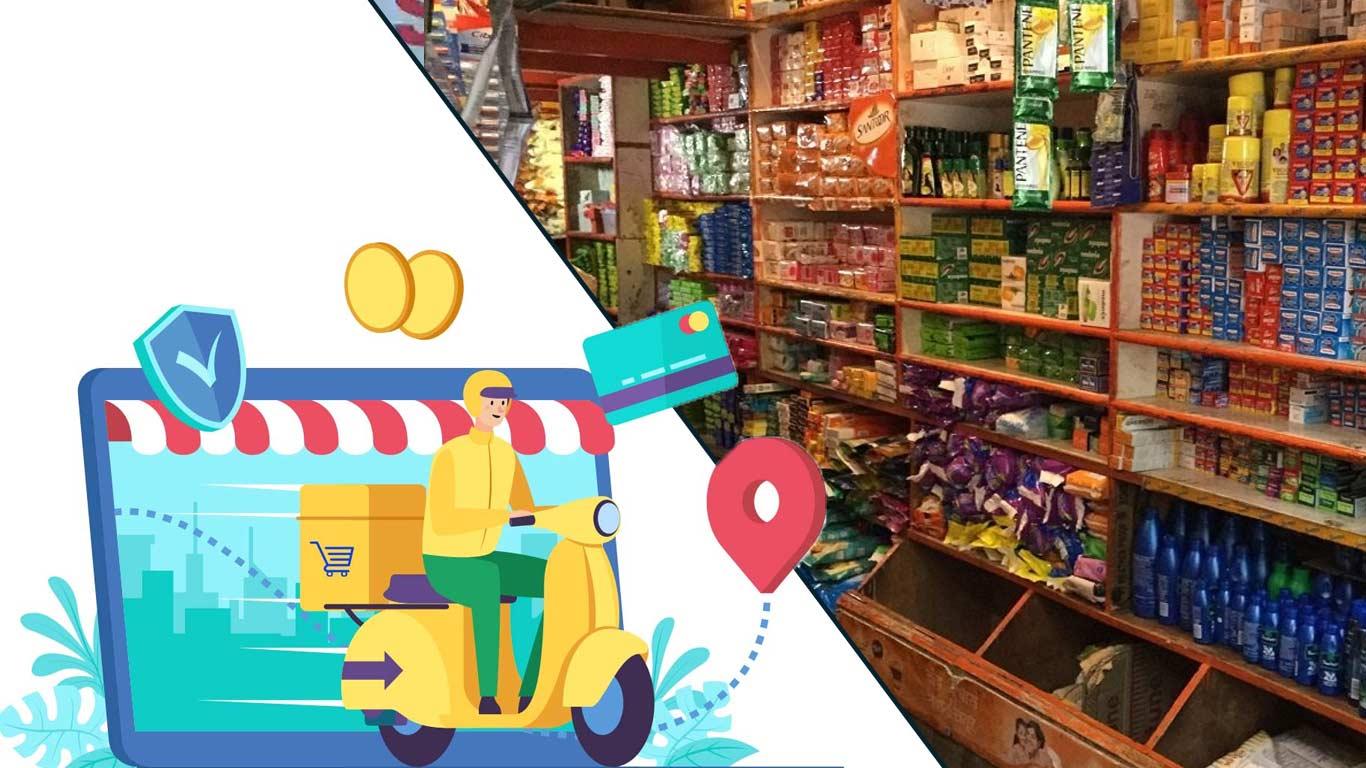
Distributors' Body Claim 2 Lakh Kirana Stores Shut Down Because Of Quick Commerce Companies
The association, which represents traditional retail distributors, warned that the industry's aggressive pricing and expansion are eroding the customer base and profitability of these neighbourhood stores that have long formed the backbone of India's retail sector.
AICPDF President Dhairyashil Patil criticised quick commerce for creating an“unfair playing field” through deep discounting and predatory pricing.“These practices prioritise short-term customer gains over sustainable business, forcing many traditional retailers to shut their doors,” he said.
India has about 13 million kirana stores, with over 10 million operating in smaller cities and tier-2 markets. However, the federation noted that customer visits to these stores have dropped nearly 50% compared to pre-pandemic levels, especially in metro areas, which have been hardest hit by the quick commerce boom.
Of the 200,000 closures, 90,000 occurred in metros, with another 60,000 in tier-1 cities and 50,000 in tier-2 and tier-3 locations.
Despite the festive season traditionally being a peak sales period for kiranas, AICPDF reported stagnant growth this year. Meanwhile, several consumer goods companies disclosed surging demand on quick commerce platforms, with some direct-to-consumer brands recording up to 250% higher festive sales compared to last year.
“The economic slowdown, combined with deep discounts from online platforms, has left kirana stores struggling to match prices and maintain margins,” said PM Ganeshraam, Chief Patron of AICPDF.
The federation has urged the government to introduce measures to regulate the quick commerce sector to protect small retailers. Earlier this month, AICPDF filed a letter with the Competition Commission of India (CCI) requesting an investigation into alleged predatory pricing by Blinkit, Swiggy, and Zepto.“Such practices make it impossible for traditional retailers to compete or survive,” the letter stated.
Quick commerce platforms, which focus on delivering products within minutes, have rapidly gained popularity, especially in metros. However, AICPDF argues that unchecked expansion threatens the future of traditional retailers unless appropriate regulatory safeguards are put in place.
The closure of these stores represents more than just an economic loss-it disrupts livelihoods and alters the fabric of local communities dependent on kiranas for daily essentials.
(KNN Bureau)
Legal Disclaimer:
MENAFN provides the
information “as is” without warranty of any kind. We do not accept
any responsibility or liability for the accuracy, content, images,
videos, licenses, completeness, legality, or reliability of the information
contained in this article. If you have any complaints or copyright
issues related to this article, kindly contact the provider above.


















Comments
No comment